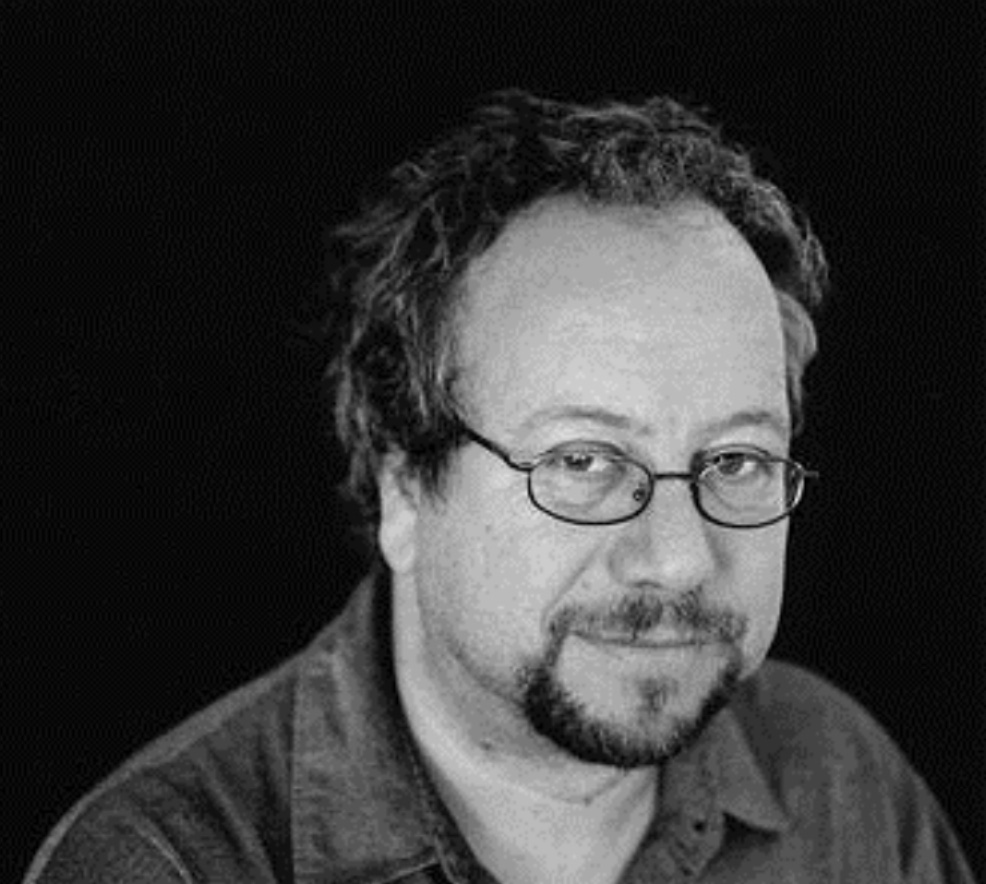When Oded Zehavi heard Cleveland Orchestra principal piccolo Mary Kay Fink play during a program at the Cleveland Institute of Music, he knew he wanted to write a concerto for her. “I was so happy that she was open to it,” the Israeli composer said during a Zoom call.
Once Fink and Zehavi decided that a new concerto was something they wanted to pursue — and with The Cleveland Orchestra onboard for commissioning the piece — the creative process began. Everything went as planned, and the world premiere was set for April of 2020 — only to have it canceled due to COVID.
After a four-year wait, Zehavi will hear his concerto brought to life when Mary Kay Fink gives the world premiere of Aurora with The Cleveland Orchestra on Thursday, March 7 at 7:30 pm at Severance Music Center.
Under the direction of Fabio Luisi, the concert will also include Weber’s Overture to Oberon and Brahms’ Symphony No. 4. The program will be repeated on Friday at 7:30 pm and Saturday at 8:00 pm. Tickets are available online.
I caught up with Oded Zehavi at his home in Tel Aviv.
Mike Telin: Congratulations on the concerto and the premiere.
Oded Zehavi: Thanks. It looks like we are going to do it this time.
MT: How much discussion have you and Mary Kay had since you learned that the new premiere date had been set?
OZ: We had quite a few conversations.The piece was written for her, so throughout the process we were communicating right up to the last moment before the original premiere was scheduled and the dialogue continued after that. So really, it’s not over until it’s over.
As a composer, you are free to dream whatever you want to dream. And then a talented person like May Kay who knows their instrument gets into the process. So it’s a little bit like trying to understand their view of your imagination.
For example, she once told me “if you don’t want me to lose the energy during this passage you have to think about a different articulation.” So I said, go ahead, I need the energy, I need the drama — just make it happen.
MT: Why did you title the concerto Aurora?
OZ: This is a half funny story. When I decided to have a family I faced a dramatic change in my life because my young kids were up from dawn to dusk wanting parental attention. So I decided to start composing at five in the morning before they woke up. Then I fell totally in love with the early morning hours — they give you a real sense that something is being rebirthed and renewed.
At one point I became very aware of the nuances of that time of the day. Then I read that in the wisdom of the Far East, and even in Judaism, those hours are a special time for creation. So Aurora [after the Roman Goddess of the dawn] is almost a piece about me writing music in the early hours.
MT: Had you written for the piccolo or the flute as a solo instrument before?
OZ: Yes. I have two flute concertos that are performed quite a lot, and I use piccolo in most of my orchestral scores. The piccolo players of the Israeli Philharmonic always love me — they claim that I know what I’m doing.
MT: But the piccolo isn’t just a small flute.
OZ: Oh no, it’s a wonderful instrument, very soulful, and when it’s played right, it has quite an incredible emotional range. You cannot just blow into the piccolo, you have to have a sonic concept. You have to have enormous control because of the high register, and the articulation and the dynamic range of the instrument is huge. When it’s put in the front of the orchestra, like in a concerto, it’s a pleasure. There was never one moment in the process when I said, Oh, I wish I would have written for a different instrument. It was quite the opposite.
MT: It must make you feel very good to have somebody say, “I like your music, will you write a piece for me?”
OZ: Absolutely. And it’s challenging. Every composer I know was at one point inspired to write something for a performer, whether it’s Brahms writing a concerto for Joseph Joachim or me writing for Mary Kay.
MT: When did you decide you wanted to be a composer?
OZ: At the age of 13 I realized that it wasn’t going to be satisfying to express myself via other people’s music. When I was a piano student I would twist the music around and make it my own. At one point I thought, Why should I bother going through the process of twisting other people’s music? I’ll write my own. And then composing became something that I really wanted to do — I wanted my voice to be heard.
MT: Is there anything else you’d like to tell me?
OZ: Just that I’m looking forward to the performance and meeting the wonderful people who are going to play it, listen to it, and write about it.
Published on ClevelandClassical.com March 5, 2024.
Click here for a printable copy of this article




